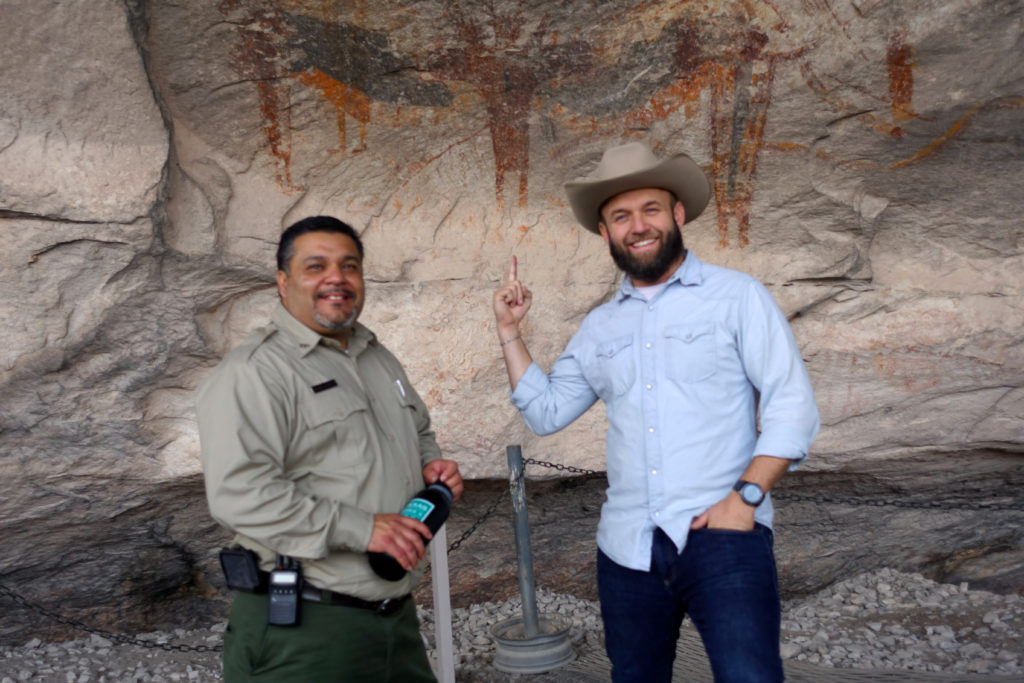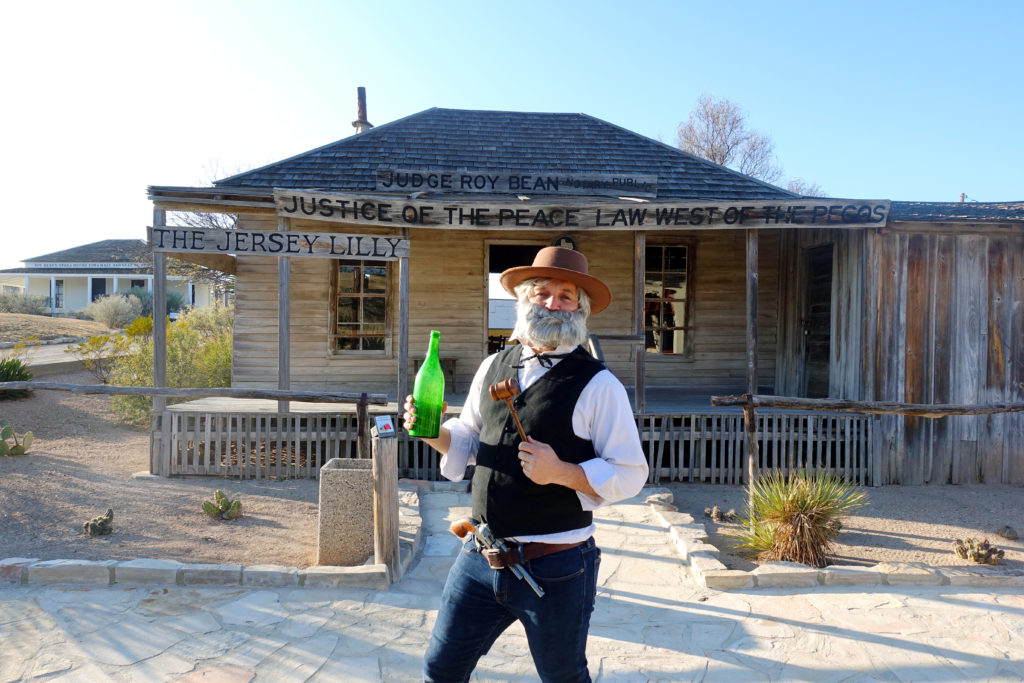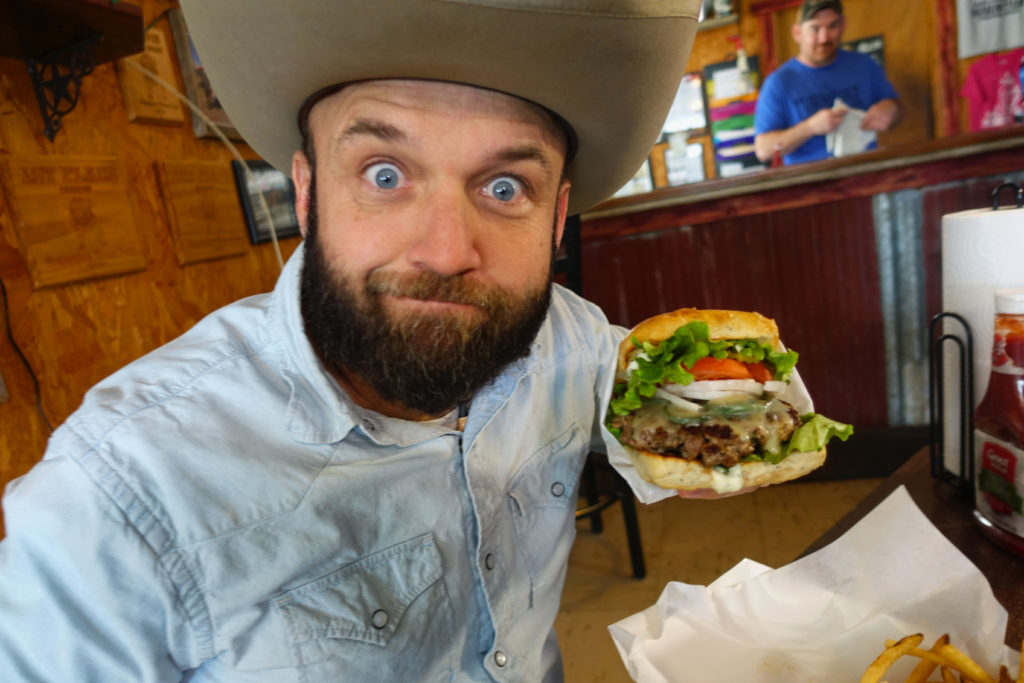City Spotlight: Comstock
Along the Rio Grande, about halfway between San Antonio and Big Bend country, is one of the least traveled (yet most historic) parts of Texas. It’s a desert landscape straight out of a cowboy flick: cacti, sand, rocks, and open skies. It feels like you’re in no man’s land — but you’re in Comstock territory. The little town of is right on the border, so the Tex-Mex culture there is one of the most authentic you’ll find anywhere.

A Rock Art Mecca
Before we talk about Comstock, we’ve gotta talk about the area. It’s home to some of the best-preserved rock art in the world. When I say rock art, I’m talking about enormous wall paintings of people, deer, antlers, catfish, panthers — all kinds of stuff that illustrates the life and culture of the people who lived in the Trans-Pecos region more than 6,000 years ago.
People who study rock art journey here from all over the globe to get a look at the paintings, but they’re available for anyone. The best place to start is Seminole Canyon State Park, a stunning limestone canyon that meanders its way to the Rio Grande River. You’ll find natural rock caves, where early inhabitants lived. You can take a guided tour to see the rock art in these caves.
The other great place to see rock art is the White Shaman Preserve. This is an area that’s on the Pecos River, which also flows into the Rio Grande. It’s highly protected by the Witte Museum, one of the most prestigious museums in the country. If you set up a tour with them, you can hike down a path and stand in front of a mural that takes up an entire wall depicting the Trans-Pecos people’s story of creation.

‘The Law West of the Pecos’
One of the most colorful characters in all of Texas history was Judge Roy Bean. He was a Wild West vigilante, bigger-than-life cowboy, courtroom judge, and art aficionado who dubbed himself “the law west of the Pecos.” He owned the saloon in Langtry, just outside of Comstock, which also served as the town’s courtroom. If you found yourself in court with Bean, the jury was made up of whoever happened to be drinking that day. When he wasn’t upholding the law, Bean was bending it. He hosted international boxing matches in the river valley of the Rio Grande to dodge Texas gambling laws. Oh, and did I mention he had a pet bear?
Not far from Comstock is the Judge Roy Bean Visitor Center in the town of Langtry. You can go into his famous Jersey Lilly Saloon, which is still preserved for tourists.

Slim (but Yummy) Pickin’s
At lunch or dinner, there’s not much to choose from in Comstock, but all you need is The J and P Bar n Grill, a divey pool-hall-meets-burger-joint. The locals have kept it open for years, serving what a lot of people consider to be the best fresh-ground burgers in Texas. My favorite one is the devil’s burger, named for the nearby Devils River and for its fiery toppings: jalapeños, pepper jack cheese, and jalapeño mayo.
Join the Daytripper for more small-town adventures here.
© 2021 Texas Farm Bureau Insurance
